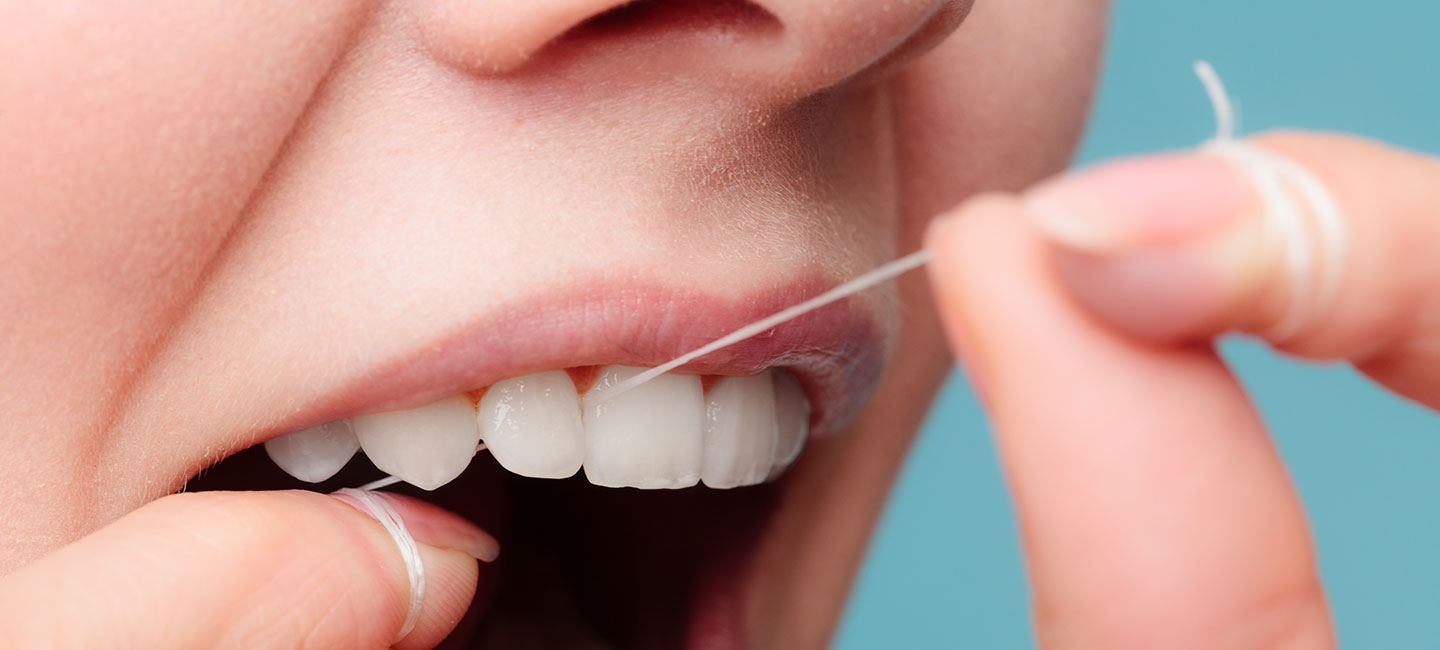Can Brushing and Flossing Prevent Cancer Spread?
Preventing cavities may not be the only reason to brush and floss. Good oral hygiene may also help prevent the spread of cancer.
Multiple studies on the role gum disease plays in cancer have published this year. One study focused on link between fusobacterium necleatum and colon cancer. Scientists believe this common mouth germ can push cancer to other parts of the body.

Rutika Mehta, MD, medical oncologist, Gastrointestinal Oncology Program
“Our oral cavity has some normal flora, some of which are now implicated in the causation of cancer,” said Dr. Rutika Mehta, a medical oncologist in the Gastrointestinal Oncology Program at Moffitt Cancer Center. “Prior studies felt like these were more ‘passenger’ bacteria and were just ‘by the way’ present. But more recently with growing research, that thought is changing.”
Mehta says bacteria similar to fusobacterium have been identified in colorectal cancer tissue. “This bacterium, like many others, secretes some inflammatory proteins that leads to pre-cancerous lesions and then ultimately cancer,” she said.
Another study out of Harvard analyzed heath data of more than 150,000 men and women and found people with a history of gum disease were 43% more likely to develop esophageal cancer and 52% more likely to develop stomach cancer compared to those with healthy gums.
“There are many studies ongoing at this time to answer a more important question,” said Mehta. “We are aware that these bacteria persist in the oral cavity, but what is it about certain individuals that predisposes them to the risk of developing cancers, while some not? Are there particular foods, or the transit of oral secretions within the GI tract or its interaction with other species of bacteria that modulates that?”
While brush and flossing can decrease the risk of an infection with oral bacteria, there is no proof those habits alone could stop the spread of cancer. More research is needed to identify and define all the factors that could play a role.



